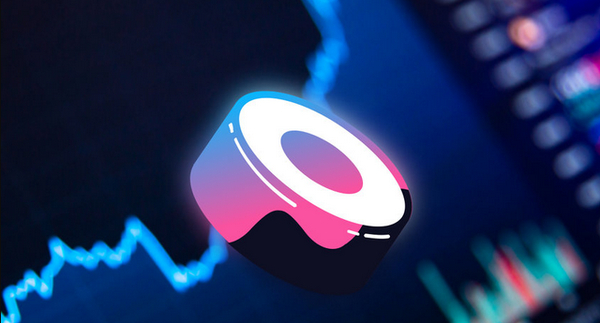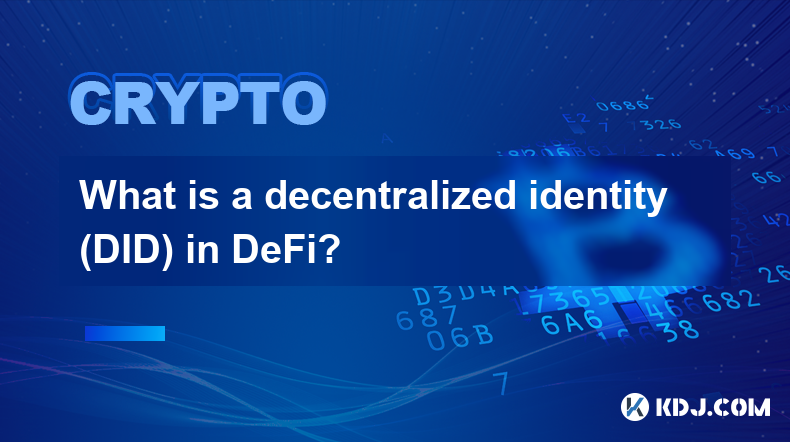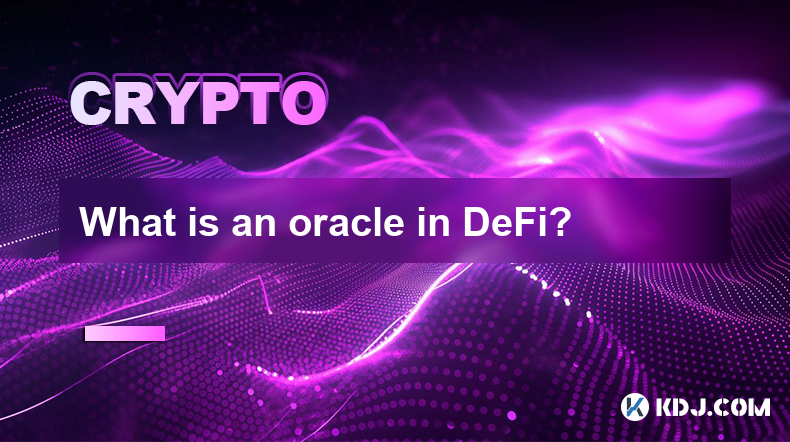-
 Bitcoin
Bitcoin $83,324.3682
-0.96% -
 Ethereum
Ethereum $1,818.1316
-2.08% -
 Tether USDt
Tether USDt $0.9999
0.00% -
 XRP
XRP $2.0459
-1.77% -
 BNB
BNB $602.9670
0.61% -
 Solana
Solana $118.6811
-4.36% -
 USDC
USDC $1.0000
-0.01% -
 Dogecoin
Dogecoin $0.1647
-2.29% -
 Cardano
Cardano $0.6489
-2.70% -
 TRON
TRON $0.2354
-0.80% -
 Toncoin
Toncoin $3.7675
-5.81% -
 UNUS SED LEO
UNUS SED LEO $9.4264
0.19% -
 Chainlink
Chainlink $12.9734
-3.40% -
 Stellar
Stellar $0.2619
-1.17% -
 Avalanche
Avalanche $18.3750
-2.81% -
 Sui
Sui $2.3033
-0.83% -
 Shiba Inu
Shiba Inu $0.0...01223
0.28% -
 Hedera
Hedera $0.1629
-0.49% -
 Litecoin
Litecoin $83.8176
2.52% -
 Polkadot
Polkadot $4.0062
-0.84% -
 MANTRA
MANTRA $6.3682
2.59% -
 Bitcoin Cash
Bitcoin Cash $304.3215
-0.10% -
 Bitget Token
Bitget Token $4.5315
-0.92% -
 Dai
Dai $1.0001
0.00% -
 Ethena USDe
Ethena USDe $0.9998
0.00% -
 Pi
Pi $0.6280
-8.11% -
 Hyperliquid
Hyperliquid $11.9038
-8.61% -
 Monero
Monero $214.1930
-0.70% -
 Uniswap
Uniswap $5.9929
-0.74% -
 Aptos
Aptos $5.2227
-0.74%
Does SUSHI coin have a future? Is it worth investing?
SUSHI coin's future prospects hinge on DEX market growth, competition, and effective governance, with potential for growth but also inherent risks.
Oct 02, 2024 at 07:11 am

Does SUSHI Coin Have a Future? Is It Worth Investing?
1. Overview of SUSHI Coin
SUSHI is the native token of SushiSwap, a decentralized exchange (DEX) that allows users to trade cryptocurrencies without the need for intermediaries. SUSHI holders can participate in the governance of SushiSwap and earn rewards through liquidity providing and staking.
2. Historical Performance
Since its launch in August 2020, SUSHI has experienced significant price volatility. It initially surged to an all-time high of $23 in March 2021, but has since retraced to around $1.5 as of February 2023.
3. Utility and Adoption
SUSHI serves several functions within the SushiSwap ecosystem:
- Governance: SUSHI holders can vote on protocol changes and participate in decision-making.
- Liquidity Provision: SUSHI can be used as a reward for providing liquidity to SushiSwap pools.
- Staking: SUSHI can be staked to earn additional SUSHI rewards and trading fee revenue.
The adoption of SushiSwap has grown steadily, with over $1.5 billion in daily trading volume. This increased usage could potentially drive demand for SUSHI.
4. Future Prospects
The future of SUSHI coin depends on several factors:
- DEX Market Growth: As the DEX market continues to expand, SushiSwap is well-positioned to benefit from increased demand for decentralized trading.
- Competition: Several other popular DEXes, such as Uniswap and PancakeSwap, pose competition for SushiSwap. SUSHI must maintain its competitive advantages to remain relevant.
- Governance and Development: The community governance and development team will play a crucial role in shaping the future of SUSHI. Effective decision-making and continued innovation could drive growth and adoption.
5. Is SUSHI Worth Investing?
Whether or not SUSHI is a good investment depends on individual risk tolerance and investment goals. Here are some considerations:
- High Risk: Cryptocurrency investments carry high risk. Investors should be prepared to lose their entire investment.
- Volatility: SUSHI has historically been volatile, which means its price can fluctuate significantly.
- Potential for Growth: The growth of the DEX market and the utility of SUSHI within the SushiSwap ecosystem provide potential for value appreciation.
Conclusion
SUSHI coin has the potential for future growth, but it also carries risk. Investors should carefully consider the factors discussed above before making an investment decision. It is essential to conduct thorough research, diversify investments, and invest only what you can afford to lose.
Disclaimer:info@kdj.com
The information provided is not trading advice. kdj.com does not assume any responsibility for any investments made based on the information provided in this article. Cryptocurrencies are highly volatile and it is highly recommended that you invest with caution after thorough research!
If you believe that the content used on this website infringes your copyright, please contact us immediately (info@kdj.com) and we will delete it promptly.
- FDUSD, BTC, TUSD, SEI, and LINK are the top 5 virtual asset-related keywords attracting the most interest
- 2025-04-03 15:45:12
- Bitcoin Pepe (BPEP) could hit $250 in four years
- 2025-04-03 15:45:12
- TAO Breaks Resistance, HYPE Dips 14%— Yet BlockDAG PullS in $210M Following Keynote 3 Launch!
- 2025-04-03 15:40:13
- Dogecoin (DOGE) Price Prediction: An Analyst Highlights a Bullish Divergence, Suggesting a Rally Could Be in the Cards
- 2025-04-03 15:40:13
- XRP Navigates Volatile Waters, Targeting a Breakout From Its Range
- 2025-04-03 15:35:27
- Meme Cryptocurrency Dogecoin DOGE/USD Falls After President Donald Trump's Tariff Shock, Extending Weekly Losses to Over 16%
- 2025-04-03 15:35:27
Related knowledge

What is a decentralized identity (DID) in DeFi?
Mar 23,2025 at 11:57am
Key Points:Decentralized Identifiers (DIDs) offer a self-sovereign approach to digital identity management, crucial for DeFi's privacy and security needs.DIDs operate independently of centralized authorities, empowering users with control over their data.Integrating DIDs into DeFi applications enhances user privacy, reduces reliance on intermediaries, a...

What does "composability" mean in DeFi?
Mar 14,2025 at 12:36pm
Key Points:Composability in DeFi refers to the ability of different decentralized finance (DeFi) protocols to interact and combine seamlessly, creating novel financial products and services.This interoperability is a core tenet of the DeFi ecosystem, fostering innovation and efficiency.Understanding composability requires exploring its mechanisms, benef...

What is token economics in DeFi?
Mar 14,2025 at 03:20am
Key Points:Token economics in DeFi defines how tokens are used to incentivize and govern decentralized finance (DeFi) protocols.It encompasses token utility, distribution mechanisms, and economic models designed to ensure sustainability and growth.Understanding token economics is crucial for evaluating the long-term viability and potential risks of DeFi...

How are transaction fees calculated in DeFi?
Mar 14,2025 at 04:25am
Key Points:DeFi transaction fees vary significantly depending on the specific protocol, network congestion, and the complexity of the transaction.Gas fees, a crucial component, are paid in the native token of the blockchain (e.g., ETH on Ethereum).Factors influencing gas fees include the type of transaction, data size, and network demand.Protocols often...

What is an oracle in DeFi?
Mar 22,2025 at 06:50am
Key Points:Oracles bridge the gap between on-chain and off-chain data in DeFi, providing real-world information to smart contracts.Different oracle types exist, each with its own strengths and weaknesses, including centralized, decentralized, and hybrid oracles.Security and reliability are crucial concerns for oracles, as vulnerabilities can lead to sig...

What is a cross-chain bridge? What is its role in DeFi?
Mar 14,2025 at 10:00am
Key Points:Cross-chain bridges facilitate the transfer of assets between different blockchains.They are crucial for DeFi's interoperability, allowing users to access diverse applications and liquidity pools across various networks.Several types of cross-chain bridges exist, each with its own security and scalability trade-offs.Understanding the risks as...

What is a decentralized identity (DID) in DeFi?
Mar 23,2025 at 11:57am
Key Points:Decentralized Identifiers (DIDs) offer a self-sovereign approach to digital identity management, crucial for DeFi's privacy and security needs.DIDs operate independently of centralized authorities, empowering users with control over their data.Integrating DIDs into DeFi applications enhances user privacy, reduces reliance on intermediaries, a...

What does "composability" mean in DeFi?
Mar 14,2025 at 12:36pm
Key Points:Composability in DeFi refers to the ability of different decentralized finance (DeFi) protocols to interact and combine seamlessly, creating novel financial products and services.This interoperability is a core tenet of the DeFi ecosystem, fostering innovation and efficiency.Understanding composability requires exploring its mechanisms, benef...

What is token economics in DeFi?
Mar 14,2025 at 03:20am
Key Points:Token economics in DeFi defines how tokens are used to incentivize and govern decentralized finance (DeFi) protocols.It encompasses token utility, distribution mechanisms, and economic models designed to ensure sustainability and growth.Understanding token economics is crucial for evaluating the long-term viability and potential risks of DeFi...

How are transaction fees calculated in DeFi?
Mar 14,2025 at 04:25am
Key Points:DeFi transaction fees vary significantly depending on the specific protocol, network congestion, and the complexity of the transaction.Gas fees, a crucial component, are paid in the native token of the blockchain (e.g., ETH on Ethereum).Factors influencing gas fees include the type of transaction, data size, and network demand.Protocols often...

What is an oracle in DeFi?
Mar 22,2025 at 06:50am
Key Points:Oracles bridge the gap between on-chain and off-chain data in DeFi, providing real-world information to smart contracts.Different oracle types exist, each with its own strengths and weaknesses, including centralized, decentralized, and hybrid oracles.Security and reliability are crucial concerns for oracles, as vulnerabilities can lead to sig...

What is a cross-chain bridge? What is its role in DeFi?
Mar 14,2025 at 10:00am
Key Points:Cross-chain bridges facilitate the transfer of assets between different blockchains.They are crucial for DeFi's interoperability, allowing users to access diverse applications and liquidity pools across various networks.Several types of cross-chain bridges exist, each with its own security and scalability trade-offs.Understanding the risks as...
See all articles























































































